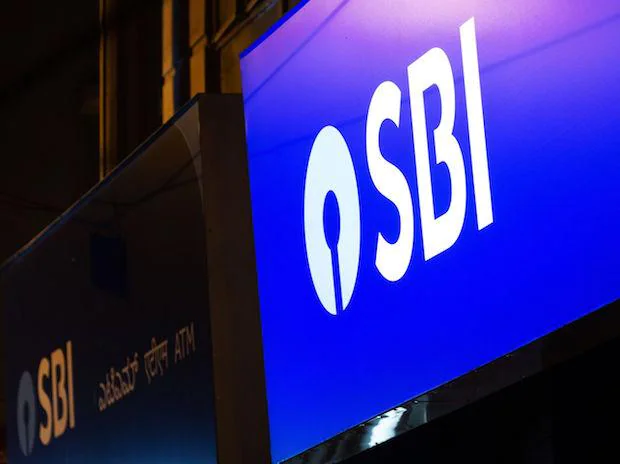[ad_1]
Country’s largest lender State Bank of India may look to raise funds worth Rs 4,000 crore through issuance of tier-II bonds once it completes its planned sale of Rs 7,000 crore worth of additional tier-I (AT-1) bonds at the end of this month, sources said.
Another state-owned lender, Bank of Baroda, is also likely to issue AT-1 bonds, either at the end of August or in September, the sources said.
Bank of Baroda is looking to sell such bonds worth a total of Rs 3,000-4000 crore through multiple tranches.
Last month, SBI’s board had approved fundraising of up to Rs 11,000 crore of funds through AT-1 and tier-II bonds to meet regulatory requirements and support business growth.
In May, Bank of Baroda’s board had approved the raising of additional capital worth up to Rs 2,500 crore through AT-1 bonds in suitable tranches up to May 31, 2023.
The sources said Bank of Baroda would likely assess pricing of its bonds based on the response garnered by SBI’s proposed AT-1 bond sale.
“SBI will most likely go for a rate of 7.75 per cent for their AT-1 issuance; their bonds have assured demand from a fixed set of investors in the primary market,” a source said.
“While SBI will likely do it in one tranche, Bank of Baroda may opt for smaller tranches, and the coupon is likely to be influenced by the rate that SBI pays,” the source said.
Bank of Baroda also plans to raise Rs 1,000 crore through issuance of seven-year infrastructure bonds, the first-ever such issuance for the public sector bank, sources said.
With credit growth speeding up significantly, state-owned banks have embarked on a fundraising spree to drive the aggressive demand.
The latest RBI data showed that credit growth was at 14 per cent year-on-year (YoY) as on July 15, up sharply from 5.4 per cent the same time a year ago.
Several public sector banks, including Punjab National Bank, Canara Bank, and Union Bank of India, have recently raised funds through AT-1 bonds, taking advantage of a decline in bond yields over the past couple of months.
Sovereign bond yields, which are the benchmarks for pricing firms’ bond issuances, have declined sharply since the second fortnight of June as growing signs of a global growth slowdown have led to speculation of the central bank’s tempering rate hike plans.
Yield on the 10-year benchmark government paper, which had jumped to a three-year high of 7.62 per cent on June 16, settled at 7.31 per cent on Wednesday.
AT-1 bonds pay an annual coupon – or rate of interest – to investors but do not have a maturity date. The appeal of the instruments comes from the fact that they typically fetch a higher return than fixed deposits.
[ad_2]
Source link



